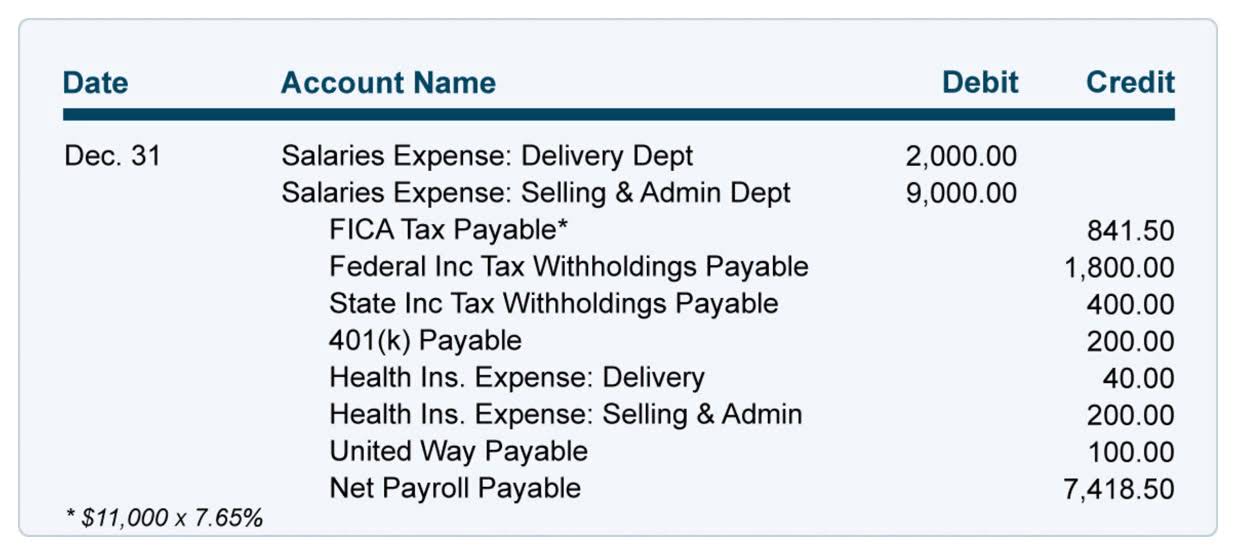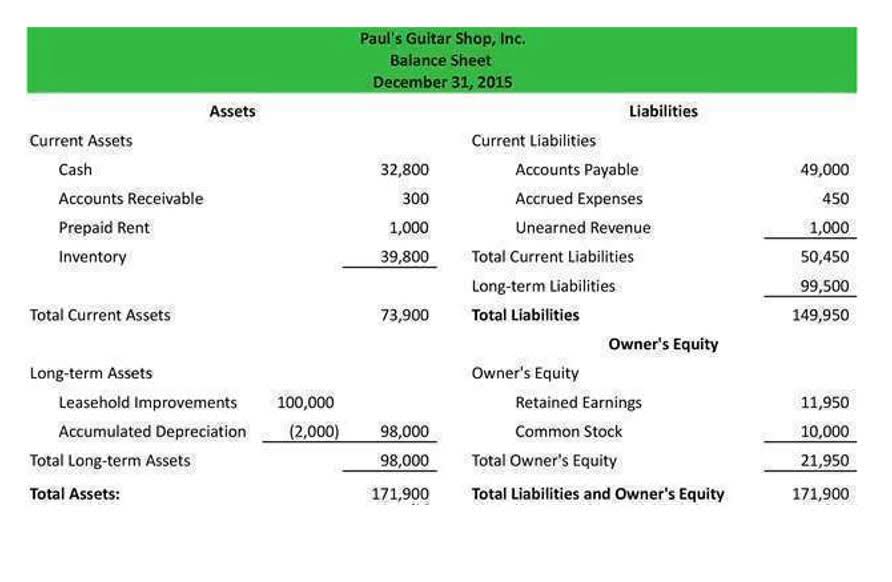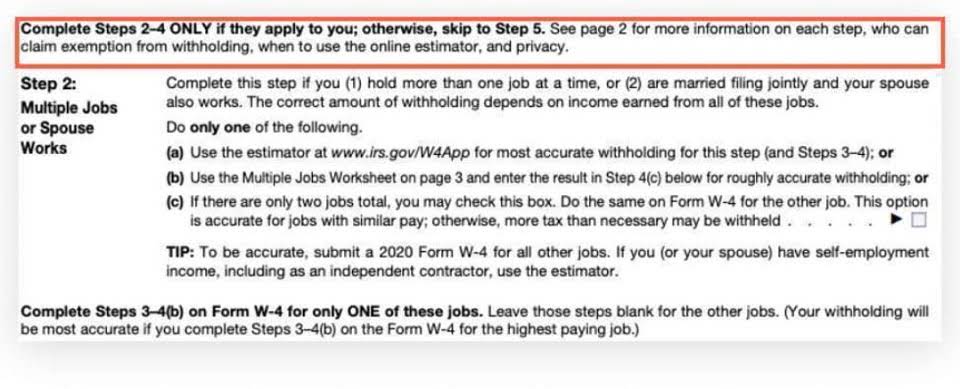
One common theme in these case studies is the impact of ethical lapses on a company’s reputation and financial stability. Instances of fraudulent reporting or manipulation of financial statements can lead to severe legal consequences and loss of stakeholder confidence. These examples emphasize the need for robust ethical guidelines and adherence to professional standards.

Integrity Accounting
Accountants must stay updated on regulations, apply sound judgment, and ensure accuracy in financial reporting to uphold ethical and professional standards. Adhering to these ethical principles in accounting is not only essential for individual accountants but also for the overall credibility and trustworthiness of the profession. By upholding these principles, accountants Accounting Periods and Methods contribute to the integrity of financial reporting and decision-making processes. One major ethical challenge in advanced accounting is the potential for conflicts of interest. Accountants may face situations where their professional responsibilities conflict with personal or organizational interests.
What does ethics mean in the context of accounting?

HighRadius stands out as a challenger by delivering practical, results-driven AI for Record-to-Report (R2R) processes. With 200+ LiveCube agents automating over 60% of https://www.bookstime.com/ close tasks and real-time anomaly detection powered by 15+ ML models, it delivers continuous close and guaranteed outcomes—cutting through the AI hype.

Management Reporting
Adherence to ethical standards ensures sound resource management, promotes financial stability, and reinforces business operations’ sustainability. Upholding ethical standards helps accountants adhere to regulatory frameworks and industry guidelines. Legislation like the Dodd-Frank Wall Street Reform and Consumer Protection Act offers protections and incentives for whistleblowers. Organizations can support whistleblowing by establishing clear reporting channels and fostering a culture of openness.

Objectivity
- It starts with the goals of accounting education, identified by Loeb, and proceeds to developing an ethical decision-making model (Langenderfer and Rockness) to help achieve those goals.
- Navigate tax complexities with our expert CPA team, ensuring compliance and optimizing financial strategies.
- By adhering to these guidelines, accountants help foster a culture of ethical behavior within their organizations and the broader financial community.
- To maintain these fundamental principles, professionals and organizations should adopt best practices that promote ethical behavior, safeguard against conflicts of interest, and reinforce the importance of impartiality and independence.
- Financial reports should offer a transparent, comprehensive view of the business’s financial position and performance, involving full disclosure that neither misleads nor withholds information from stakeholders.
- It could be easy to assume that potential employers will trust that you are honest and that you will take care of their finances with adherence to the highest moral standards.
- Accounting professionals are expected to adhere to stringent ethical standards to ensure the accuracy and reliability of financial information.
Having run my own book-keeping business for a number of years, at last I have found a pro-active accountant who I can recommend to clients knowing they can help grow their business. Integrity Accountancy Services offer excellent value for money for the personal service that they offer. Integrity Accountancy provides a quick turnaround, stress-free, Self Assessment tax return service. Whether you a sole trader, limited company director or someone that simply has some additional income to declare, Integrity Accountancy can help you with your return. Your business is important to you, so make sure you work with accountants who will do more than prepare your accounts and tax returns. (ii) Act diligently and in accordance with applicable technical and professional standards.
- That’s why it’s so important that you recognise any threats to our fundamental principles early on.
- Decisions and reports should be free from personal biases, underlining the necessity for professional skepticism.
- Ethical practices in accounting contribute to the prevention of fraud and financial misstatements.
- Furthermore, when an employer has a dedication to integrity, they are likely to attract employees who have a similar outlook.
- A research paradigm shift occurred in 1995 with the publication of Mintz’s influential paper on virtue ethics.
- Consistent application of accounting standards and policies is essential for the comparability of financial statements over time and across different organizations.
They ensure that accountants act responsibly and maintain the trust of all stakeholders involved. Ethical accounting practices are essential for the integrity accounting stability and integrity of financial reporting and the broader economic environment. Ethical guidelines ensure that accountants maintain integrity, transparency, and accuracy in their work.